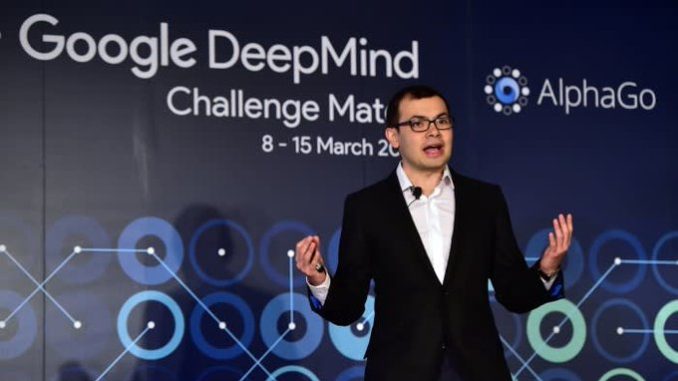
Please use the sharing tools found via the share button at the top or side of articles. Copying articles to share with others is a breach of FT.com T&Cs and Copyright Policy. Email licensing@ft.com to buy additional rights. Subscribers may share up to 10 or 20 articles per month using the gift article service. More information can be found here.
https://www.ft.com/content/29f8616f-05ad-42b0-b954-ab81c017b03f
Dr Google gets a bad rap. Researching symptoms online makes cyberchondriacs sick with worry. But it would be hard to snipe at the Alphabet-owned business’s latest contribution to the diagnosis of disease. Google DeepMind’s new artificial intelligence tool predicts whether mutations in human genes are likely to be harmful. That should speed up the detection of diseases caused by rare genetic variants. The achievement demonstrates the power of AlphaFold, the protein-shape-predicting software on which it is built. Since AlphaFold’s predictions became freely available to researchers in 2020, they have been enthusiastically adopted. The admittedly biased chief executive Demis Hassabis reckons AlphaFold has “unequivocally [the] biggest beneficial effects so far in AI on the world”. Big Pharma bosses hope such tools can improve its feeble productivity. Development costs are estimated at $2.3bn per drug by Deloitte, leaving return on R&D investment at a pitiful 1.2 per cent. AI should improve matters by speeding up drug discovery. Morgan Stanley says AI could cut pre-clinical development costs by as much as two-fifths. It could create a $50bn market over the next decade.
